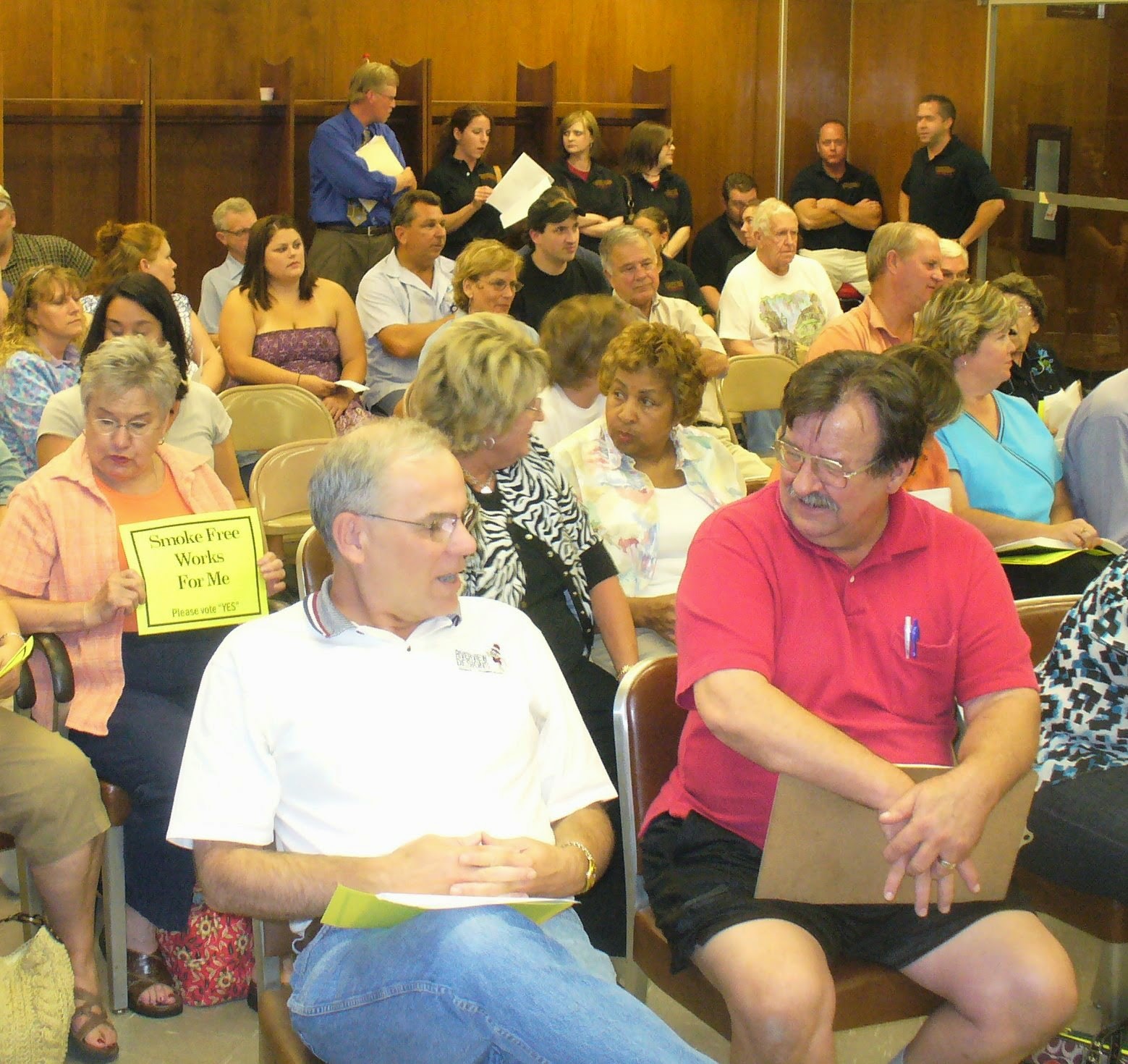Previously I threw my hands into the air, made a belated list of favorites, and called it good for 2017.
The long awaited and much belated account of Roger’s Year in Music, 2017.
In 2018, the revised plan calls for a musical recap every two months. Will I stick to the regimen? Beats me, but it’s worth a try.
—
I cannot fathom how I’ve managed to miss The Charlatans — not just the band’s most recent album from 2017, but its entire career since the early 1990s.
From the offset, ‘Different Days’ is an album drenched in colour. Opener ‘Hey Sunshine’ bursts with lavish kaleidoscopic synths, whilst The War On Drugs-esque follow up ‘Solutions’ drives with zealous passion. Elsewhere on the LP, ‘Let’s Go Together’ and ‘Not Forgotten’ are the record’s most anthemic moments and see The Charlatans rising in a concoction of electric organs and Madchester swagger.
Music like this is my sweet spot, so it’s time to catch up.
Conversely, I’m fully aware of Travis, which was the opening act for Oasis the first time I saw the Brothers Gallaghers at the then-Murat in Indianapolis. Like The Charlatans, Travis came on the scene around 1990.
I completely missed Everything at Once, the 2016 release.
In a packed-to-the-rafters north London venue, Travis are launching their (latest) comeback in an ultra-Travis manner: playing two sold-out shows in one evening in a pub. No stunt-casting venue-hire or fan-teasing viral gimmickry required.
Thanks for the tip, Joe. It’s a stellar collection of songs.
Another missing link in recent years is the Len Price 3 (a tip of the hat to Shea). Last year’s album was Kentish Longtails, and at Louder Than War, Ged Babey hones in.
There seem to be a lot of targets the band unleash their vitriol on in their songs; Trendy Camden bands, social climbers and flash bastards, bullshitters, liars, female airheads with debatable morals, ‘screen zombies’, vacuous Pop-puppets. Eight songs out of fourteen are venomous attacks on the people they ‘hate’. The word ‘morons’ appears in two songs. This almost puts me off the band a bit – but then, most of the targets deserve the abuse they get.
The beautiful thing about the Len Price 3 is that one needs only hear the opening chords of a song to know what lies ahead, so brief samples suffice. The band has been compared to early-days-old-school Kinks and The Who, and it’s easy to see why.
The catchiest song of the year to my quivering ears comes from Django Django:
In the ear worm rankings, Django Django is followed closely by this anthem of disaffection from South London’s post-punk group Shame.
They’re as ferocious as their acknowledged inspirations the Fall; even when the guitars aren’t turned up to a jet roar, Steen’s furious sneer gives them urgency (“My voice ain’t the best you’ve heard / And you can choose to hate my words / But do I give a fuck?” he asks on One Rizla). Best of all, though, they have huge, anthemic tunes to go with the anger.
I rediscovered the joys of both Franz Ferdinand and Sparks when the two bands produced the FFS collaboration in 2015:
This is not a meeting of equals, and it doesn’t have to be. It’s a marquee-name band throwing their weight behind a cult act that clearly inspired them—and the cult act showing who’s really in charge.
FFS had the salutary effect of causing me to positively reassess both bands; I could hear echoes of Alex Kapranos in last year’s Hippopotamus by Sparks, and now I think of the Mael brothers while listening to Franz Ferdinand. It’s not a bad thing at all.
When Manic Street Preachers were promoting Futurology in 2014, James Dean Bradfield and Nicky Wire were unstinting in their praise for the Scottish band Simple Minds as a major formative influence.
The shadow of Simple Minds’ early work shrouds the record, ‘Dreaming A City’ is a bona fide steal of ‘Theme for Great Cities’ and lead single, ‘Walk Me To The Bridge’, openly acknowledges singer/guitarist James Dean Bradfield thoughts, “Simple Minds were crystalline gods to me.” Yet, the Manics have not created a clumsy homage to those electronic art-rock records: the sound is genuine, and these pieces are emblematic of the whole record.
Americans tend to think of Simple Minds as a one hit wonder courtesy of “Don’t You (Forget About Me)” in 1985, but the truth is considerably more extensive. As more than one reviewer notices, Simple Minds has been far more successful at preserving its classic sound amid changing times, while still adapting and reinventing around the edges, than a band like U2.
The latter might choose at some point to select a single producer and make an actual rock record, but I’m finished holding my breath. Meanwhile, Simple Minds is sounding great.
The strange, accomplished and hypnotic sound of Wild Beasts has intrigued me since Two Dancers, released on my birthday in 2009. I don’t listen often, but certain occasions beg for it.
The group’s new (and last) album following the announcement in late 2017 that it would be disbanding is called Last Night All My Dreams Came True. It’s a “live in the studio” collection of reworked previous songs, and to be honest, I’ve have preferred a benedictory offering of new material.
By means of introduction to Insecure Men, this excerpt from the review by Alexis Petridis of The Guardian.
It’s seldom that anything involving Fat White Family comes with a heartwarming story attached. They are, after all, a band who describe themselves as “an invitation, sent by misery, to dance to the beat of human hatred”, whose artistic obsession with the ugliness of life is apparently reflected behind the scenes. Their music springs from a grimy personal world of penury, mental torment and hard drug use: “heartwarming” isn’t really on the agenda.
And yet, there is something at least vaguely cheering about the story behind the eponymous album by Insecure Men, a project that really came to life when the band’s chief songwriter, Saul Adamczewski, was asked to leave temporarily after – and this is a very Fat White Family kind of story – refusing to vacate the Paris venue the band were playing on the night of the Bataclan attack because he’d arranged to meet a heroin dealer there later on.
After a fairly harrowing spell in rehab, Adamczewski emerged not only clean, but eager to make music more tuneful and less unsavoury than the oeuvre of Fat White Family, in the company of his schoolfriend Ben Romans-Hopcraft.
Adamczewski has this to say about Sean Lennon, who produced the record.
We’re really close friends and I love working with him, and I’d rather work with him than anyone else, he’s my favourite person to work with. He hasn’t got much of an ego. He’s just happy to nurture people’s ideas – even if they’re crap – all the way to the end until they realise they’re crap.
That’s beautiful.
Finally, we heard the Danish String Quartet on NPR last fall, and apparently so did everyone else, because it took three months to get Last Leaf on back order.
An Old Danish Dance In The Key Of Melancholy, by Tom Huizenga
Classical and folk music continue to intermingle in fascinating ways. The intersections stretch back far beyond Bach, who cleverly slipped a German folk song into his Goldberg Variations. Later, composers like Ralph Vaughan Williams and Béla Bartók combed the countryside, collecting tunes from villagers. And a recent piece, Steel Hammer, by Pulitzer-winner Julia Wolfe, draws inspiration from the folk ballad “John Henry.”
The members of the Danish String Quartet also have affection for folk. They are plenty happy playing Haydn and Brahms, but their new album, Last Leaf, is entirely devoted to old Nordic folk melodies and dances, which they’ve arranged for string quartet. The oldest date to around 1300, but there are newer ones, and even a couple faux-folk tunes composed by the group’s cellist Fredrik Schøyen Sjölin.
Very compelling, this mixture.
Now, a selection of video documentaries, interviews and concerts. First, Propagandhi, a veteran Canadian band occupying the intersection of the musical and the political.
On the flight back from Porto, I watched The Rolling Stones performing Sticky Fingers Live at the Fonda Theatre 2015.
Rolling Stones fans who snagged one of the precious few tickets to catch the legendary British rockers performing a secret show on May 20, 2015, in Los Angeles at the historic Fonda Theatre were given a truly rare treat. The Stones performed their classic 1971 studio album Sticky Fingers for the first time ever in its entirety and those who missed out can finally get their first view of the show when “Sticky Fingers Live At The Fonda Theatre 2015” drops on Sept. 29 via Eagle Rock.
The video contains band member interviews and background, helping to explain why the set list is re-arranged from the original running order on the 1971 album — and failing to solve the question of exactly whose zipper was featured on the LP’s cover. To put it simply, the performance reveals a band of old-timers still capable of surprises in an intimate setting, if not in the stadiums. Specifically, Stones fans will enjoy guitarist Ron Wood’s channeling of material that featured Mick Taylor, a very different lead player.
Having announced a seemingly endless final tour prior to retirement, my attention was drawn to a 2010 BBC documentary about Reg Dwight’s climb to the top.
The Making of Elton John: Madman Across the Water (BBC)
Documentary exploring Elton John’s childhood, apprenticeship in the British music business, sudden stardom in the US at the dawn of the 70s and his musical heyday. Plus the backstory to the album reuniting him with Leon Russell, his American mentor. Features extensive exclusive interviews with Elton, plus colleagues and collaborators including Bernie Taupin, Leon Russell and others.
Finally, as referred to previously, two hours of a dinosaur band playing a set list composed of songs I’ve heard hundreds of times, performed by a couple of guys in their early 70s.
At one point, Townshend held up his signature Stratocaster in the soupy fog and in a nod to Woody Guthrie said, “This red guitar kills fascists!”
Pete Townshend has told numerous interviewers that somewhere in the middle of The Who’s 50th anniversary concert tour, he began feeling renewed seeing large numbers of young people in the crowd. Seems the pedant in one of rock’s finest songwriters again felt the need to begin dispensing education along with the music.
Swap power chords for beer, and I can relate to this sentiment. Here are a few other posts about music that appeared in January and February, 2018.










